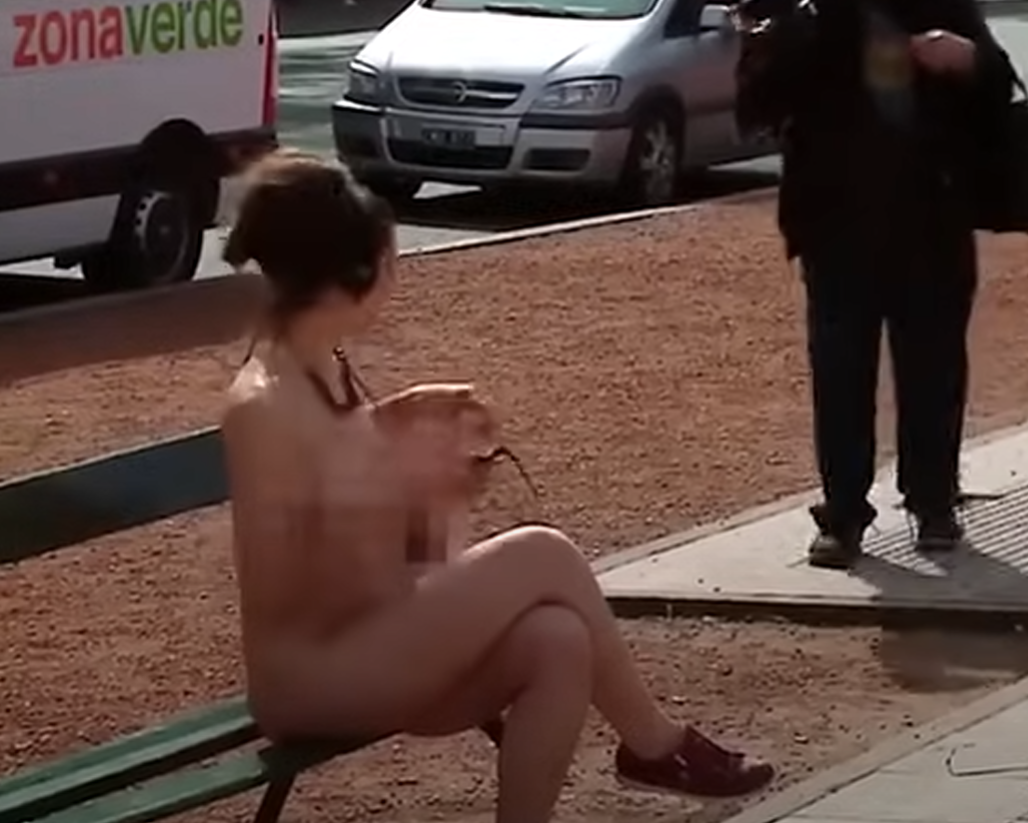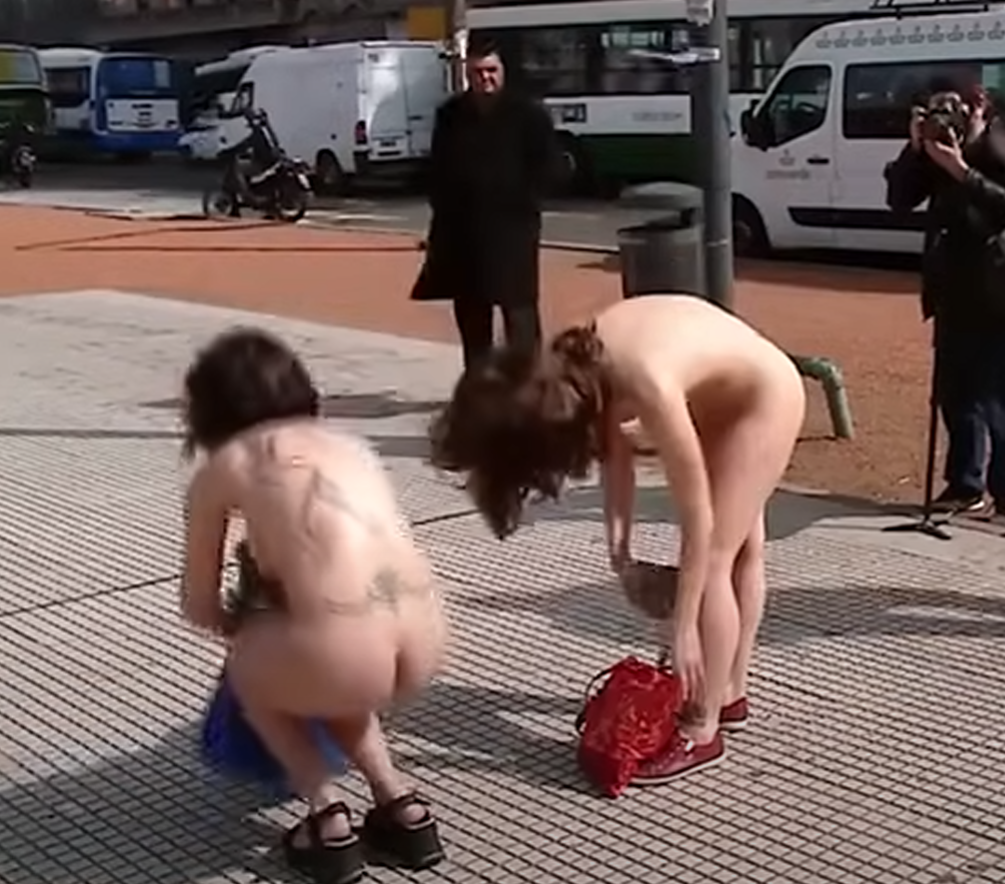This document records a notable protest event that took place outside the National Congress building in Buenos Aires, Argentina. The demonstration involved women removing their clothing to protest against gender-based objectification and violence, drawing significant public and media attention.
Context and Motivation
The protest occurred within the broader context of the growing feminist movement in Argentina, particularly the “Ni Una Menos” (Not One Less) campaign, which addresses femicide and gender violence. Participants in this specific demonstration sought to highlight how the sexual objectification of women contributes to a culture that permits violence and inequality.
The act of disrobing was a deliberate tactic to reclaim control over their bodies and challenge societal norms that dictate how women’s bodies should be perceived and treated. It was a direct critique of the male gaze and the commodification of the female form.
The Protest Event

The protest took place on [Approximate Date/Year – e.g., late 2010s/early 2020s, specific dates vary for similar protests]. A group of women gathered outside the Congress building, a symbolic location representing state power and lawmaking. At a designated moment, they removed their tops (and sometimes more), exposing their bodies to the public.
Their bodies often bore slogans or messages written on their skin, articulating their demands and grievances. The atmosphere was charged, with a mix of support from fellow activists and onlookers, and opposition or shock from others.
“Our bodies are not objects for public consumption or judgment. We are using them to make a political statement, to say ‘enough is enough’ to objectification and violence.” – Quote attributed to a participant (representative sentiment).
Messages and Demands

Key messages conveyed during the protest included:
- Our Bodies, Our Choice: Emphasizing bodily autonomy and the right to control one’s own image.
- Stop Objectification: Direct protest against being treated as sexual objects rather than individuals.
- End Gender Violence: Linking objectification to the broader issue of violence against women, including femicide.
- Sexual Education: Calls for comprehensive sexual education to foster respect and equality.
- Legal Reforms: Demands for stronger laws protecting women’s rights and prosecuting gender violence.
Impact and Legacy
The protest generated considerable debate in Argentinian society and was widely covered by national and international media. It forced discussions about public nudity, freedom of expression, and the underlying issues of objectification and gender inequality into mainstream discourse.
While controversial, the protest succeeded in amplifying the voices of women demanding respect and equality. It remains a powerful example of using the body as a site of political protest and a tactic within the ongoing struggle for women’s rights in Argentina and beyond.



